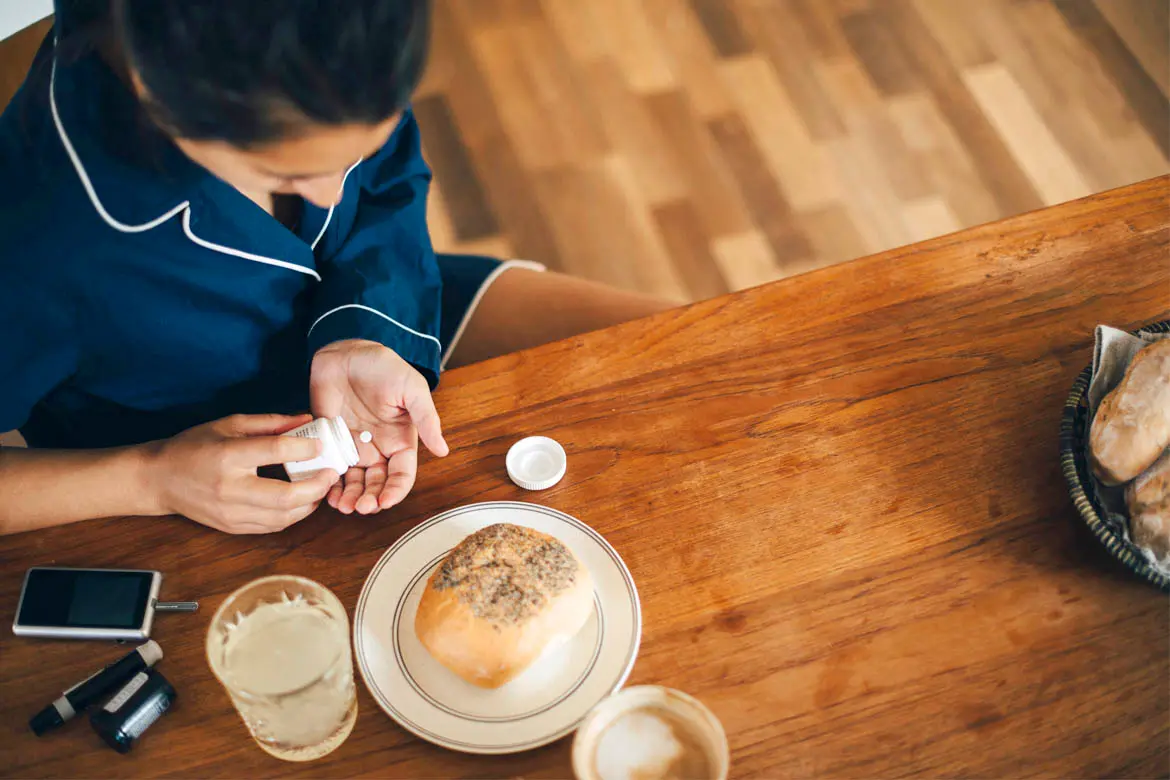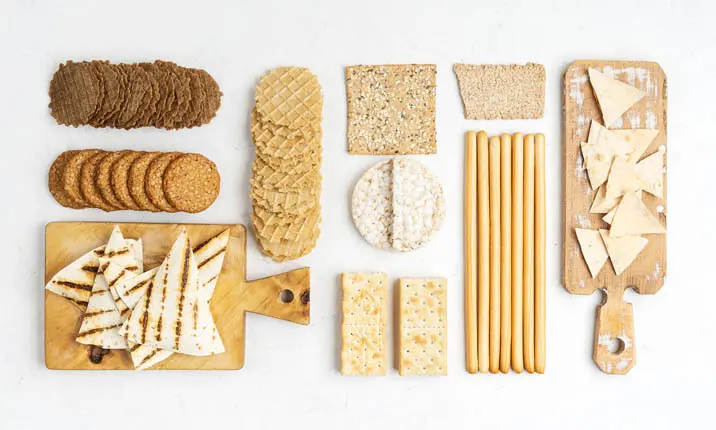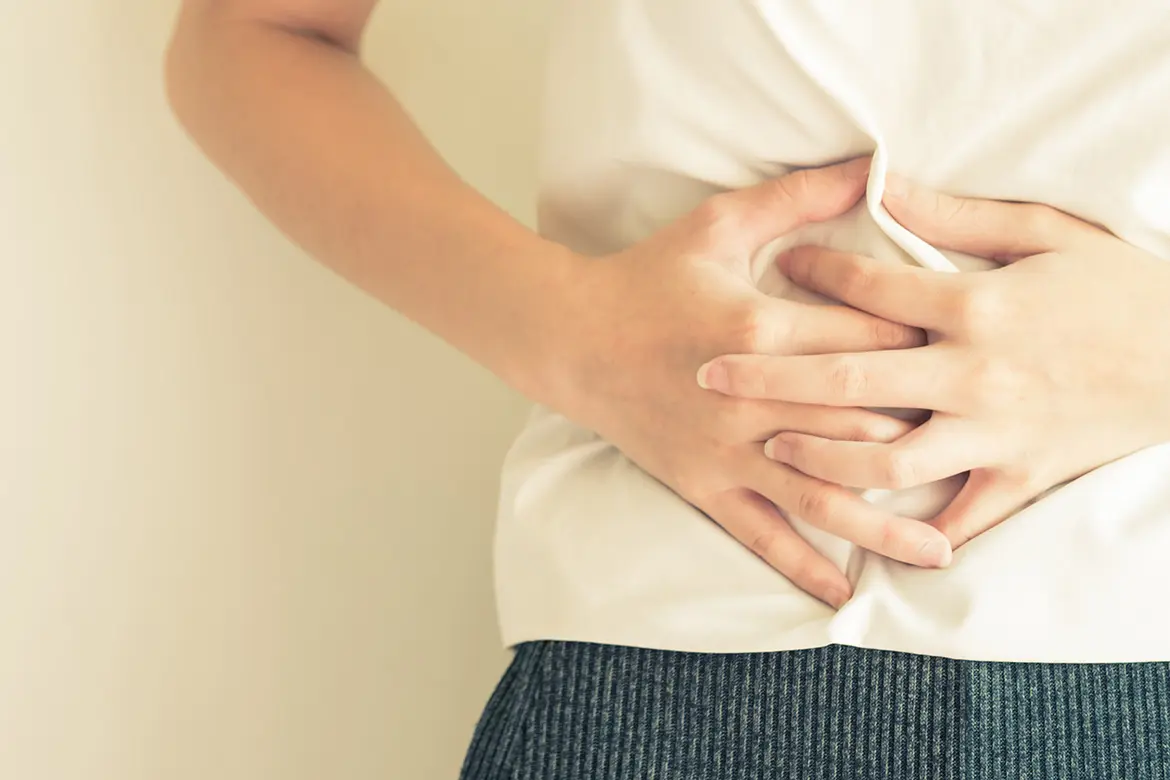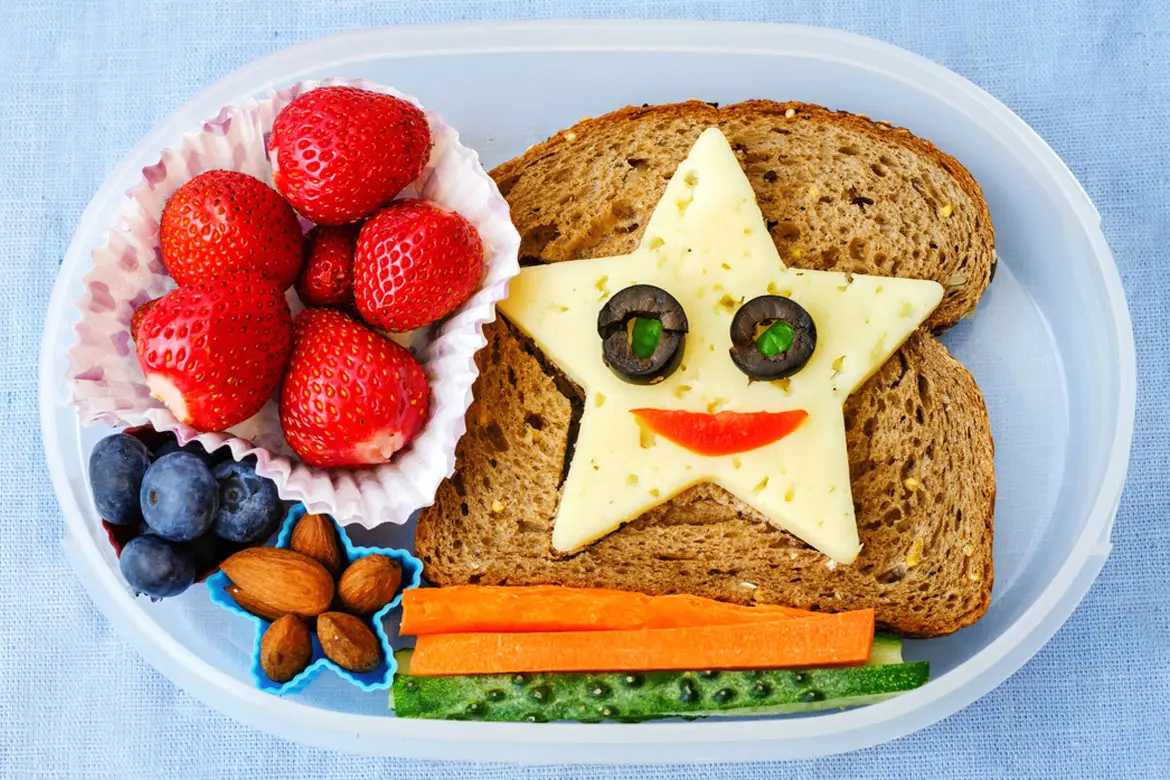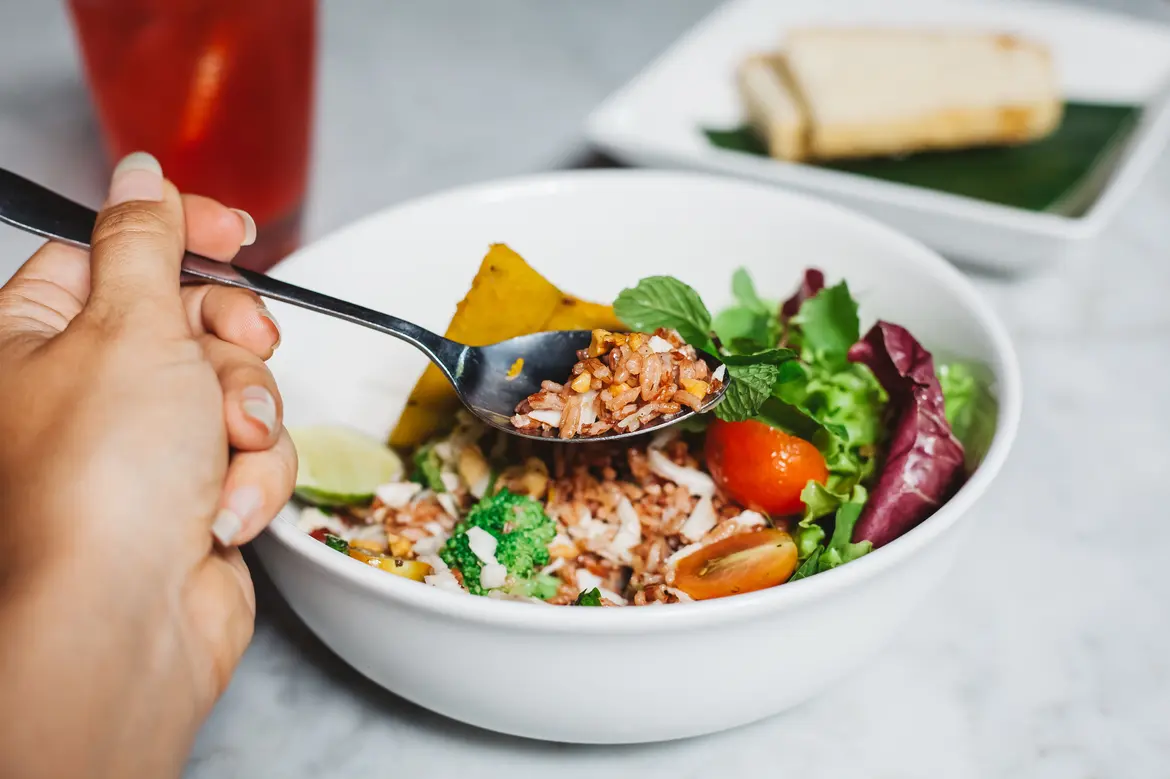The timing of medication intake is a crucial aspect of effective and safe medication use. It can be just as significant as the medication itself, as it can greatly impact its efficacy and potential side effects. Depending on the specific type of medication and its unique pharmacological effects, healthcare providers may recommend taking it either before or after food.
Why must some medicines be taken before food?
There are several reasons why some medicines must be taken before food.
One reason is to help increase the absorption of the medication into the bloodstream. When taken on an empty stomach, some medications are able to enter the bloodstream faster, allowing them to work more effectively. Food can affect the absorption of certain medications by slowing down the process or interfering with the chemical reactions that occur in the gut.
For example, oral thyroid medications, such as levothyroxine, are recommended to be taken on an empty stomach so that the absorption is optimum for the drug to be effective. When co-administered with food, absorption is reduced, compared with absorption on an empty stomach. Similarly, some oral antidiabetic drugs, such as the newer GLP-I receptor agonist semaglutide, should be taken on an empty stomach at least 30 minutes before the first food, drink, or medication of the day, with plain water only, to ensure optimum absorption.
Another reason is to avoid any interactions with food. Certain medications can interact with food, leading to decreased effectiveness or potential side effects. Taking these medications on an empty stomach helps to minimise these interactions and ensures that the medication is not compromised by food components, such as minerals, fibres, or fats, which may bind to the drug and reduce its absorption or alter its effects.
For example, some antibiotics such as ciprofloxacin and doxycycline should not be taken together with dairy products like milk, yoghurt or cheese.
Why must some medicines be taken after food?
On the other hand, some medicines are recommended to be taken after food.
One reason for this is increased tolerance. Some medications can cause stomach irritation or gastrointestinal side effects, such as nausea, vomiting, or an upset stomach. Taking these medications after food can help to buffer the stomach lining and reduce the risk of these side effects.
For example, taking iron supplements, and medicines like allopurinol (used to prevent gout attacks), after food can help reduce the risk of nausea or vomiting, which is a common side effect of these medicines. Similarly, aspirin can cause gastrointestinal intolerance issues (GI irritation) when taken on an empty stomach, which is why it is recommended to take it after a meal.
Another reason is enhanced absorption. For some medications, taking them with food can actually enhance their absorption. Food can help to slow down the movement of medication through the gastrointestinal tract, allowing for more effective absorption and distribution of the medication in the body. This is particularly true for certain lipid-soluble medications that require the presence of dietary fats for optimal absorption. Examples of such medicines are anti-malarial and anti-parasitic medications.
What are some foods to avoid or consume before taking medicine?
Some foods to avoid before taking medicine include:
- Dairy products. Some antibiotics, such as tetracycline and ciprofloxacin, can bind to calcium in dairy products, reducing their absorption and effectiveness. Iron supplements should not be taken with dairy products too. It's best to avoid consuming dairy products or taking calcium supplements within a few hours of taking these medications.
- Grapefruit and grapefruit juice. Grapefruit can interact with a variety of medications, including some statins (cholesterol-lowering drugs), certain blood pressure medications, and some anti-anxiety medications. It can interfere with the way the medication is broken down in the body, leading to increased levels of the medication in the bloodstream, which can increase the risk of side effects.
- High-fibre foods. High-fibre foods, such as whole grains, legumes, and raw fruits and vegetables, can interfere with the absorption of certain medications, including some thyroid medications and certain antidepressants. It's recommended to take these medications on an empty stomach or as directed by your healthcare provider.
- Alcohol. Alcohol can interact with many medications, including pain medications, sedatives, and some antidepressants. It can amplify the sedative effects of some medications, leading to increased drowsiness, dizziness, or impaired coordination. It's best to avoid alcohol or limit your intake while taking medication.
- Caffeine. Caffeine can affect the absorption process of drugs by changing the dissolution profile, changing the gastrointestinal (GI) pH, affecting the GI emptying time, and inhibiting certain crucial enzymes. Many medications such as certain antidepressants, antipsychotics, cardiovascular medications (such as propranolol, verapamil, and warfarin) may have their breakdown rate slowed down by caffeine.
Some foods you can consider consuming before taking medicine include:
- Plain crackers or toast. Plain crackers or toast can help to neutralise stomach acid and can be a good option to consume before taking medication, especially if you're taking medication that may irritate the stomach.
- Non-acidic fruits. Non-acidic fruits like bananas, apples, and pears are usually safe to consume before taking medication.
- Light, non-fatty meals. Heavy or fatty meals can affect the absorption of certain medications and may reduce their effectiveness. Choose foods like vegetables, lean protein, and whole grains.
- Fatty foods. On the other hand, some medications, particularly those that are lipid-soluble, may be absorbed more effectively when taken with fatty foods. Examples of such medications include certain cancer drugs.
- Foods recommended by your doctor. In some cases, your healthcare provider may specifically recommend certain foods to be consumed with your medication for optimal absorption and effectiveness.
In general, it is good practice to check with your doctor or pharmacist regarding the best timing to take your medications.
